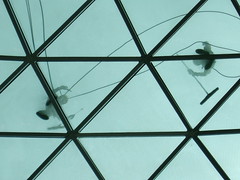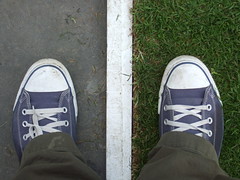[As ever, read this on the BBC News website if you prefer]
The long-term viability of the iPhone is unlikely to be seriously damaged by reports of a serious security vulnerability that allows hackers to take over the device.
Most early iPhone adopters have bought into the Apple mythology which convinces them that anything blessed by Steve Jobs is automatically desirable, so we won’t see a mass return of the shiny devices with their slick interface.


